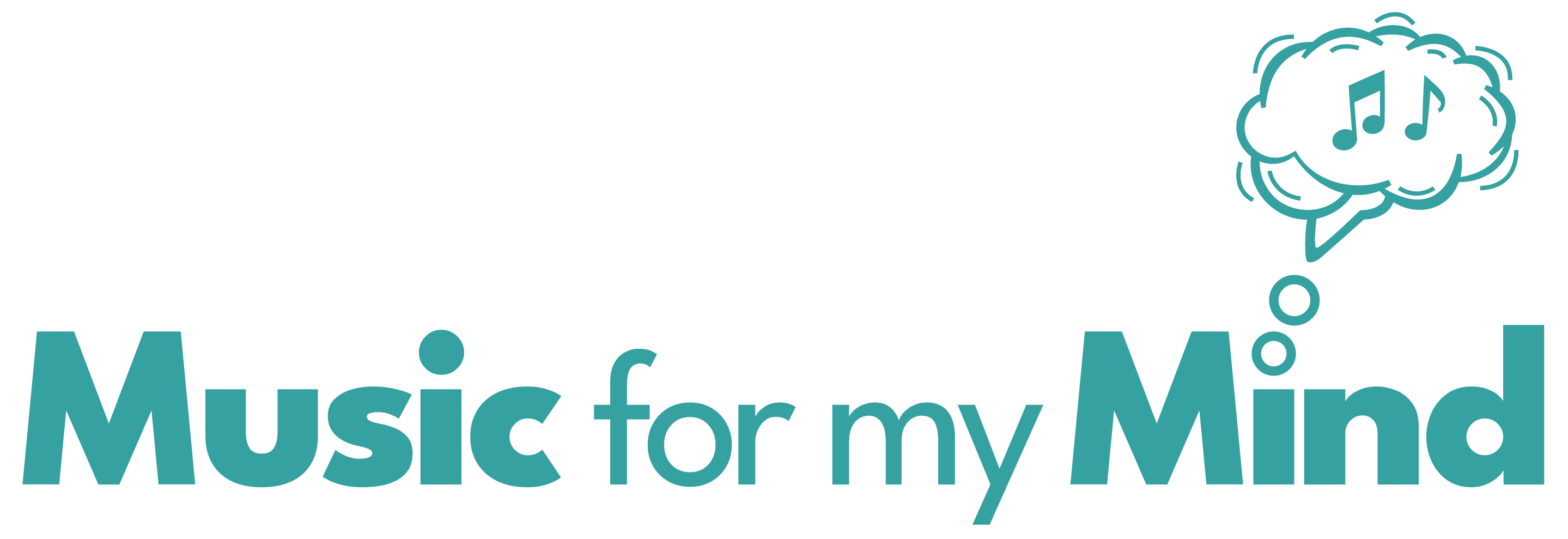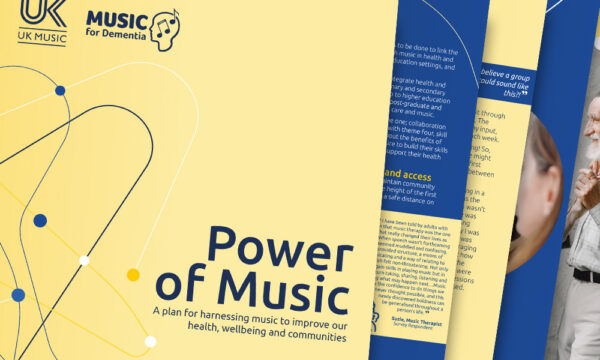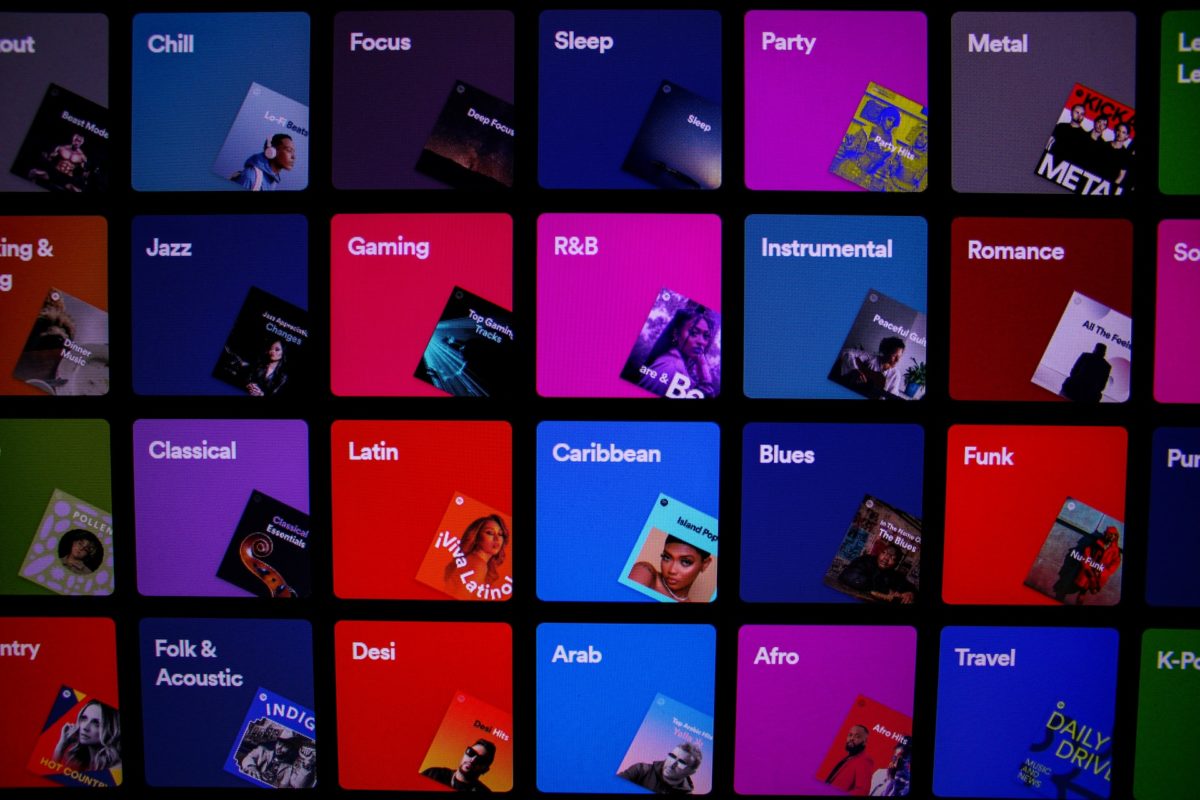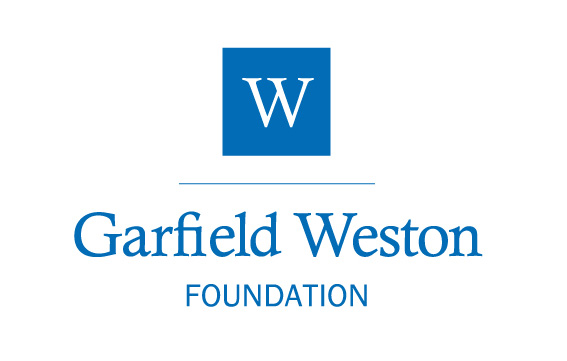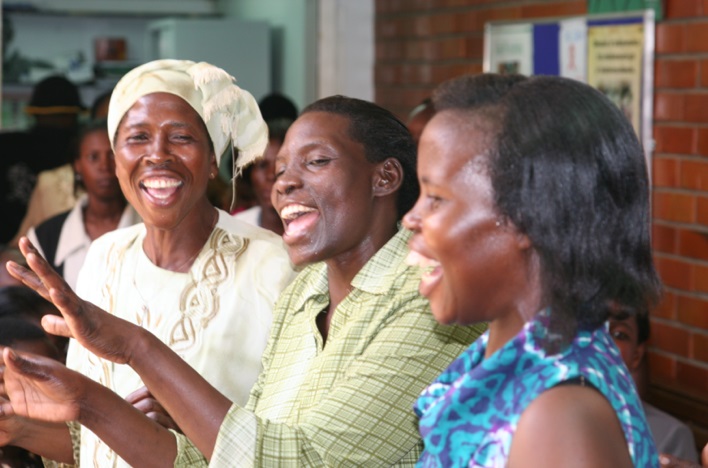Meet our newest team meber, Katie Snell, who will be heading our marketing and communications efforts. She explains how everyone can get involved with Facebook Birthday Fundraisers!
Continue readingPower of Music Report
Exciting news has come this spring as the foundation Music for Dementia, together with UK Music, have just released their definitive report ‘The Power of Music’.
Continue readingHollick Family Foundation Support
Music for my Mind would like to thank the Hollick Family Foundation for their generous support over the years!
Continue readingUnderstanding Spotify and its recommendation tool
You might already have experience with Spotify or maybe you came accross it in our Playlist Maker app. Either way, we thought it would be useful to explain this facet of our work that comes up over and over again, but remains for many a bit of a mystery as to how it actually works: Spotify.
Continue readingWillow Court care home receive Covid Hero Award
This week we would love to congratulate our friends over at Willow Court, Aldwickbury Crescent, who have just been highly commended in the Covid Hero Awards!
Continue readingReal Life Stories: Barbara Windsor and Carey Mulligan
Both of these actresses, directly and indirectly affected by dementia, have done so much to not only talk about dementia, but to change the conversation: from passive woe to active, urgent, running and confident movement towards a change in social care, both nationally and globally.
We at Music for my Mind are incredibly inspired by the both of them.
Fundraising Challenges Achievements
Two of our wonderful supporters have quite literally gone the extra mile by completing the Thames Path Challenge! And in a follow-up to our earlier blogpost, we can now share that our wonderful supporter Bhaveet has completed his enormous 1000km walk, 100km of which he did in support of Music for my Mind!
Continue readingSosei Heptares Support
The kind support received from Sosei Heptares these past 3 years has been amazing. The raised funds helped us face uncertainties and encouraged us to develop our App, which aids families affected by dementia create a personalised playlist in 15 minutes.
Continue readingGarfield Weston Foundation Grant
We are excited to share our good news with you! We have received a £20,000 grant from the Garfield Weston Foundation.
Continue readingA Focus on the Reminiscence Bump.
As part of our aim to raise awareness about musical therapy in dementia care, we are publishing a series of blog posts to explain a bit about one element of the research we have been doing over the last year, “A Focus on the Reminiscence Bump to Personalise Music Playlists for Dementia” published by The Journal of Multidisciplinary Healthcare.
Continue reading
